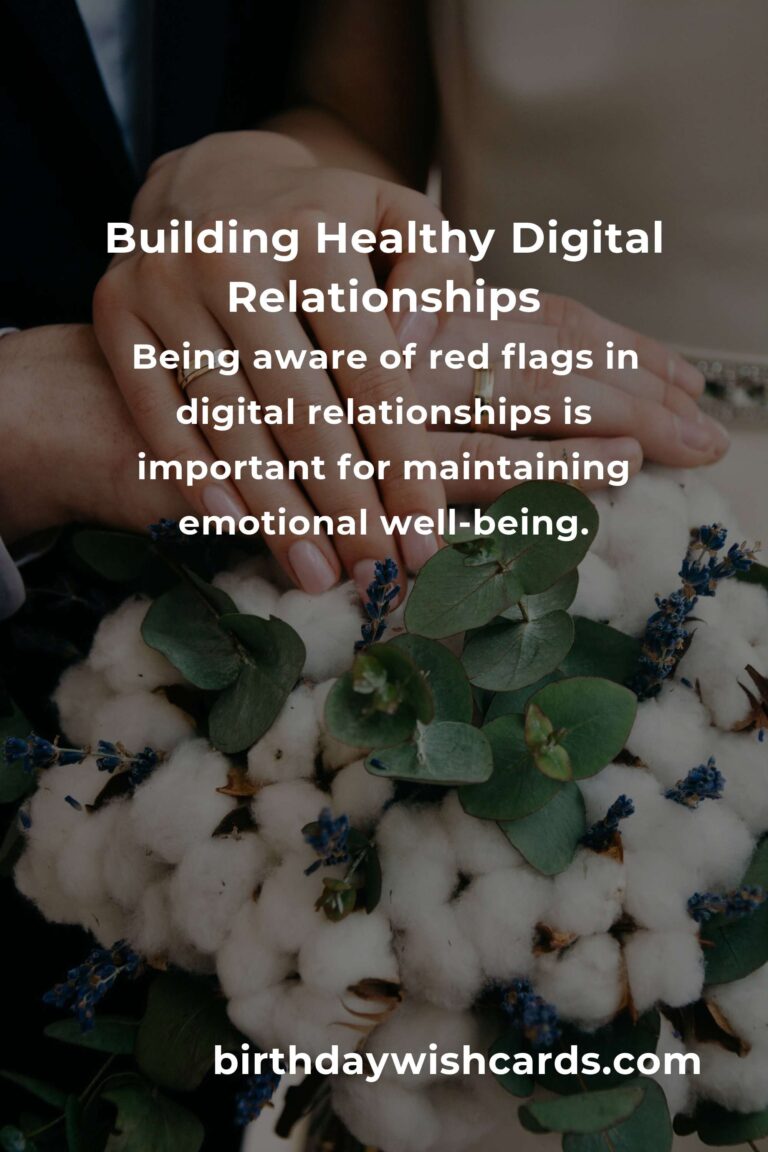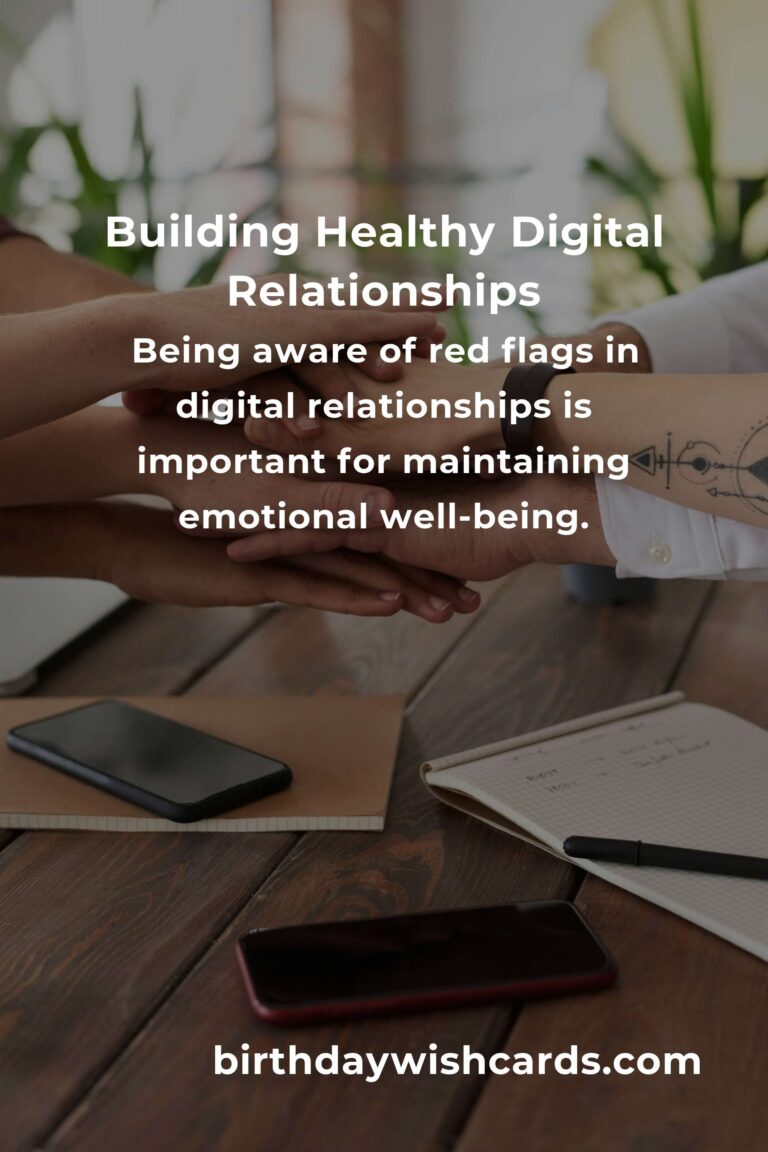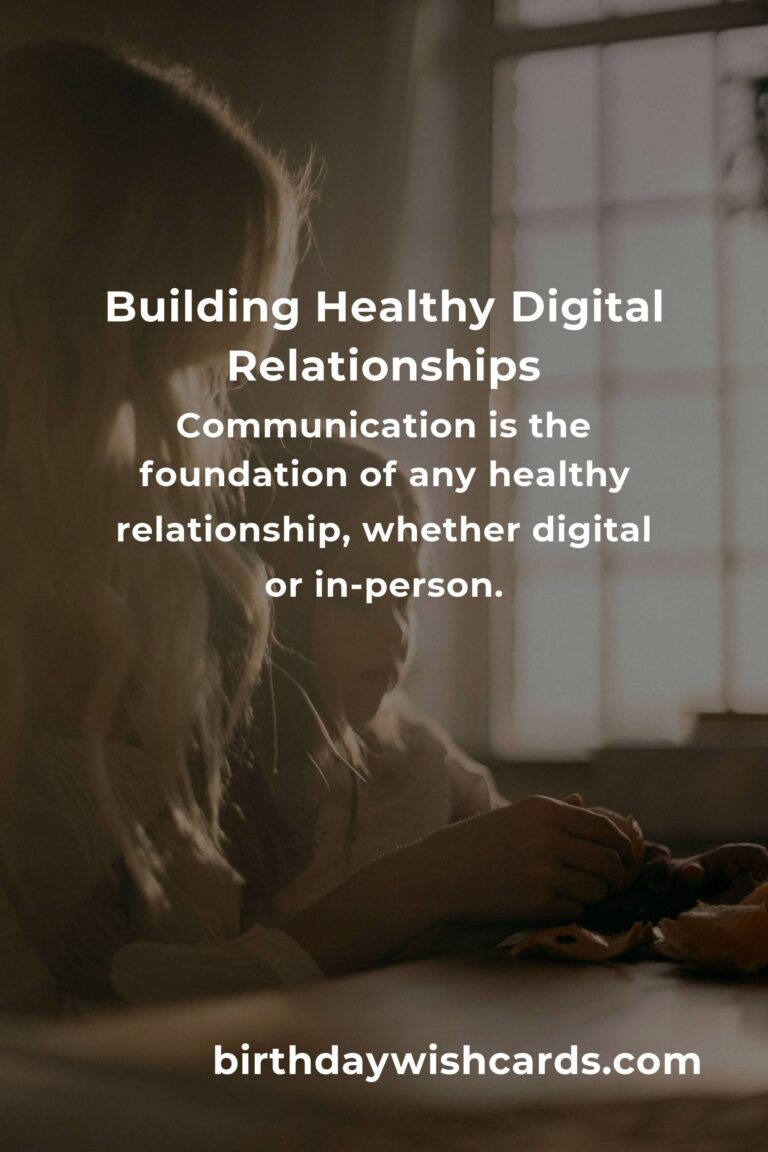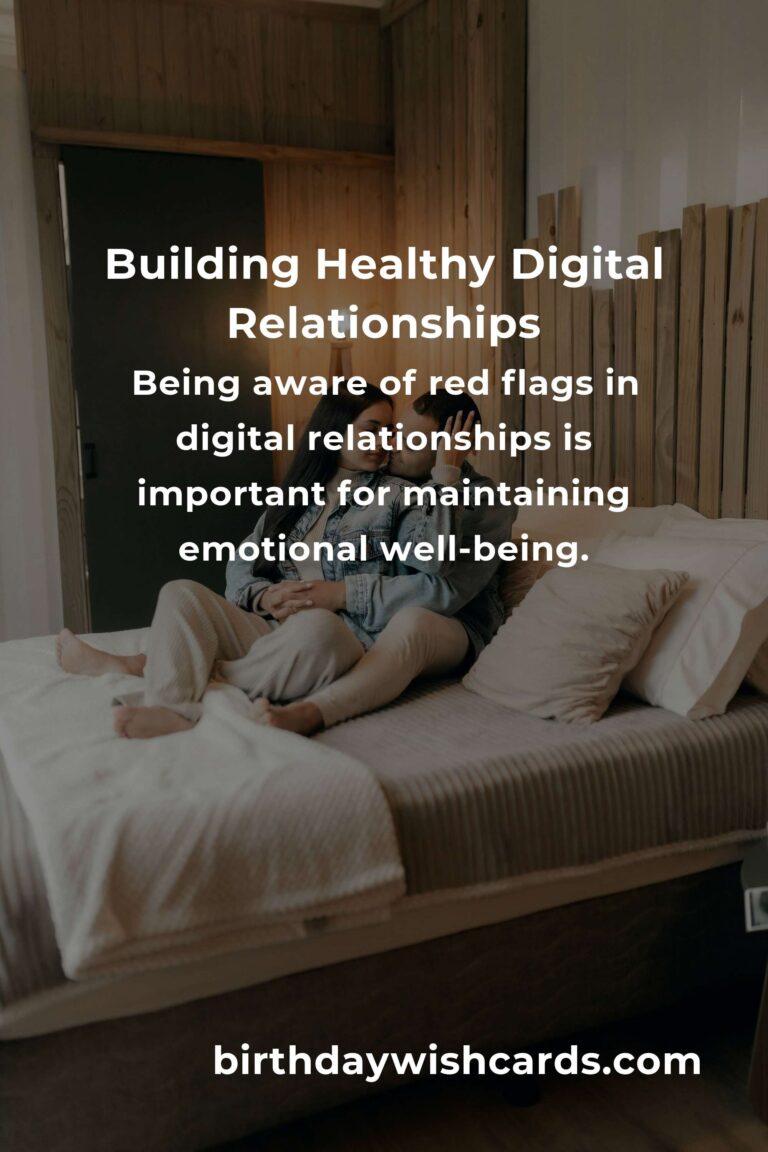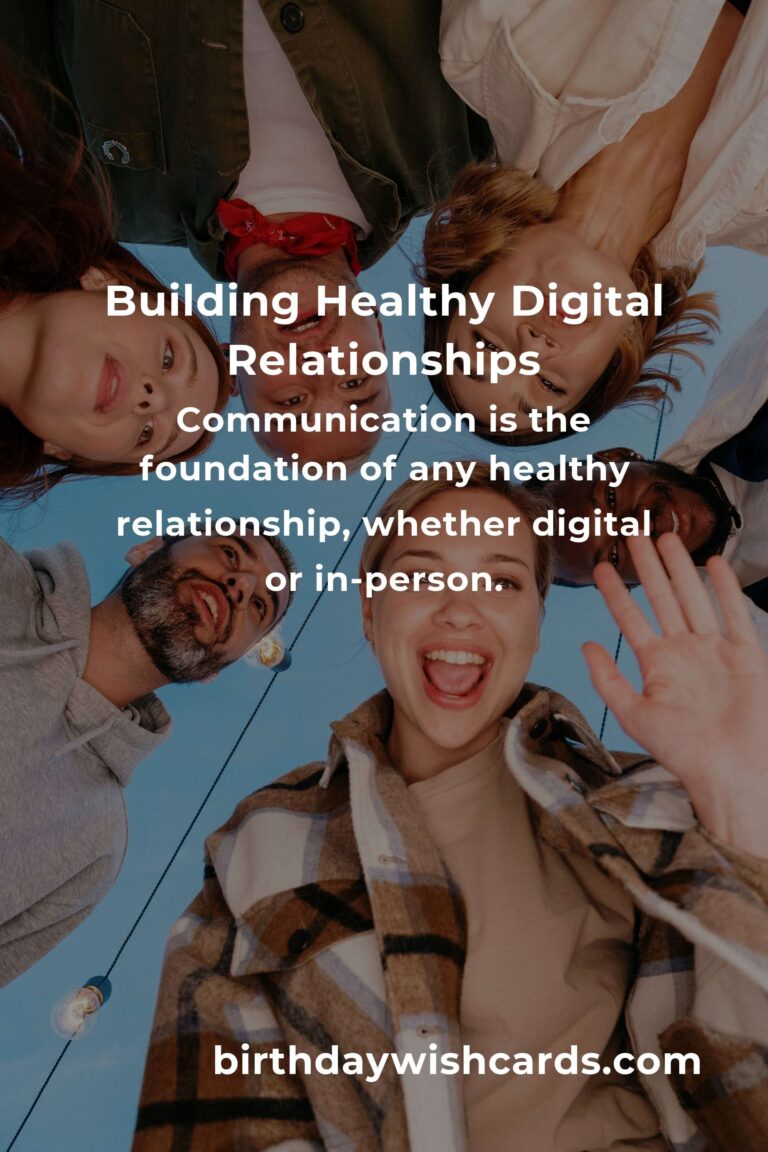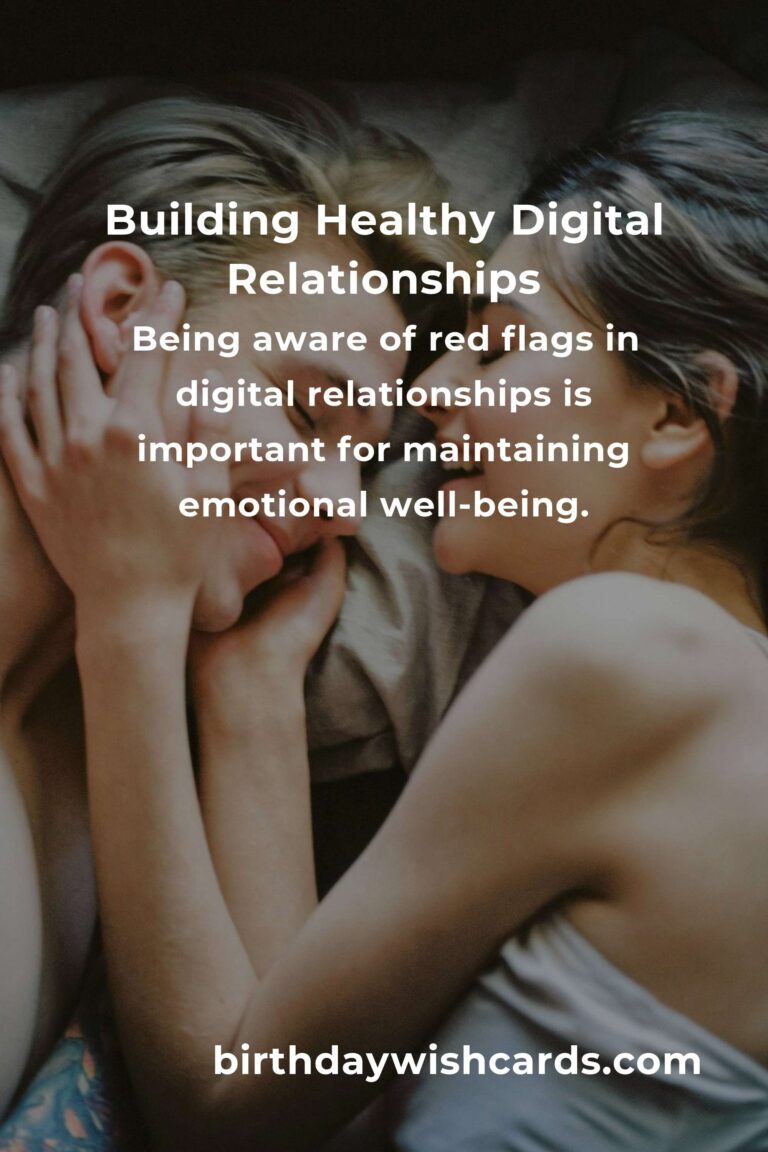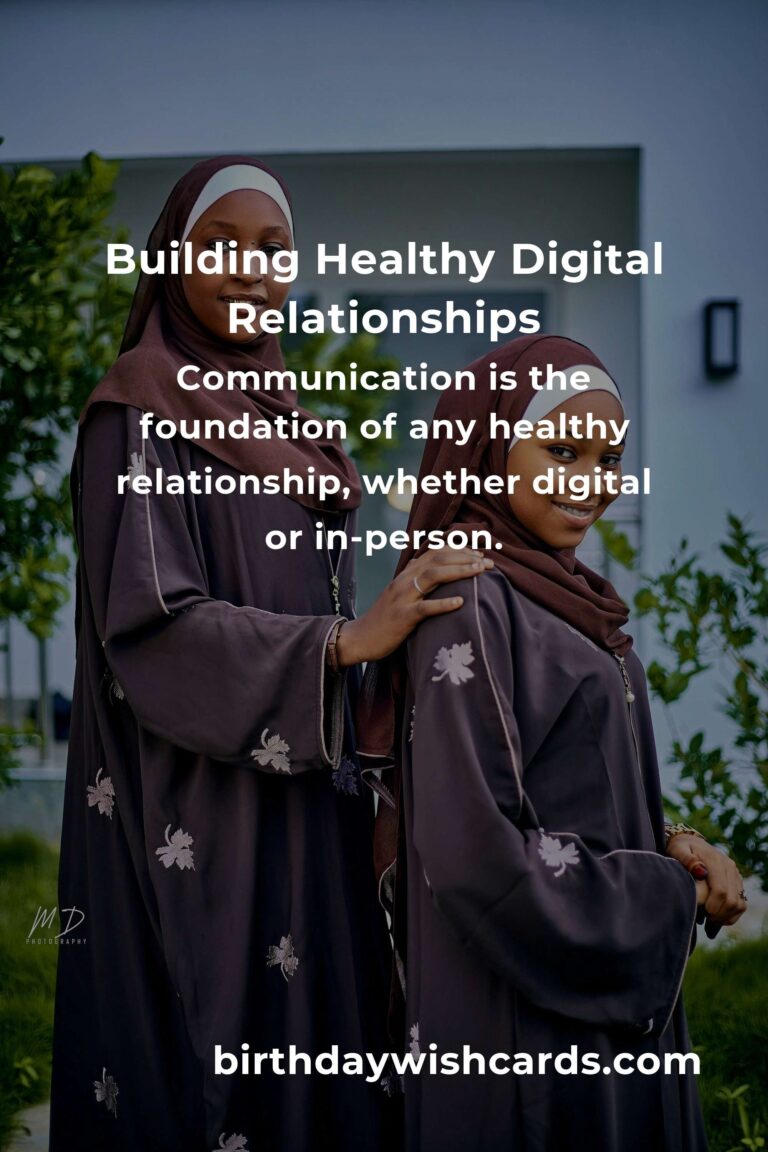
In today’s interconnected world, digital communication plays a crucial role in how we form and maintain relationships. Understanding the basics of digital healthy relationships is essential for fostering meaningful connections while ensuring mutual respect and trust.
The Importance of Communication
Communication is the foundation of any healthy relationship, whether digital or in-person. It involves expressing thoughts and feelings openly and honestly while also being an active listener. In digital spaces, this means using clear language, being mindful of tone, and ensuring messages are not misinterpreted.
Effective communication helps partners navigate misunderstandings and prevent conflicts. It also allows individuals to set boundaries and express needs and expectations clearly.
Setting Boundaries in Digital Spaces
Boundaries are vital for maintaining trust and respect within digital relationships. These can include deciding on the frequency and type of communication, establishing privacy preferences, and respecting each other’s digital presence. Healthy boundaries ensure that both parties feel comfortable and valued.
Discussing and agreeing on boundaries early in a relationship can prevent potential issues and misunderstandings later on.
Trust and Privacy
Trust is a cornerstone of any relationship. In digital interactions, trust is built through consistent, honest communication and respecting each other’s privacy. Avoiding behaviors such as snooping on digital devices or demanding access to personal accounts is essential for nurturing trust.
Privacy considerations also extend to social media. Discussing what aspects of your relationship should be shared publicly versus kept private is a crucial conversation to have.
Recognizing Red Flags
Being aware of red flags in digital relationships is important for maintaining emotional well-being. Red flags may include controlling behaviors, constant monitoring, or a lack of respect for personal boundaries. If these issues arise, it is crucial to address them promptly and seek support if needed.
Recognizing these signs early can prevent unhealthy dynamics from developing.
Ensuring Mutual Respect
Mutual respect is essential for any healthy relationship. In digital communication, this means valuing each other’s opinions, being considerate of time and availability, and engaging in respectful dialogue even during disagreements. Respect ensures that both parties feel valued and heard.
Conclusion
Understanding the basics of digital healthy relationships involves prioritizing communication, setting boundaries, building trust, recognizing red flags, and ensuring mutual respect. By focusing on these elements, individuals can foster meaningful and fulfilling connections in the digital age.
Communication is the foundation of any healthy relationship, whether digital or in-person. Boundaries are vital for maintaining trust and respect within digital relationships. Trust is built through consistent, honest communication and respecting each other’s privacy. Being aware of red flags in digital relationships is important for maintaining emotional well-being. Mutual respect is essential for any healthy relationship.
#DigitalRelationships #HealthyCommunication #OnlineBoundaries #TrustAndPrivacy #MutualRespect




